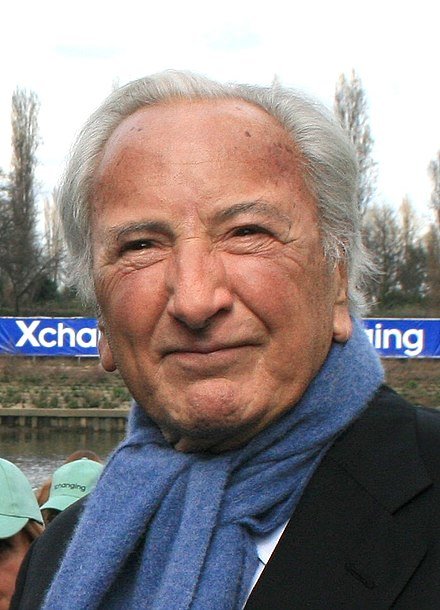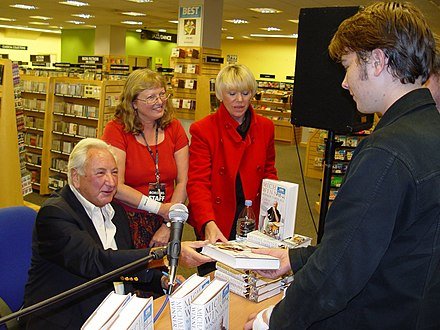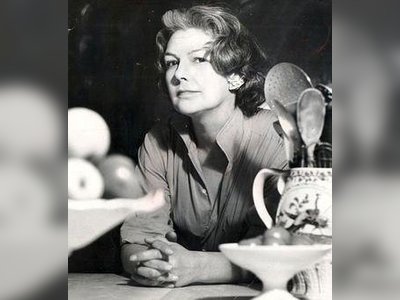British Heritage
Remember, Cherish, Learn.
beta
Michael Winner
A Legacy of Filmmaking and British Heritage.
Contribution to British Heritage
Michael Winner, born on October 30, 1935, was a renowned English filmmaker, writer, and media personality who made significant contributions to British heritage through his prolific career in cinema. Winner's filmmaking legacy remains embedded in the history of British cinema, particularly during the 1960s, 1970s, and 1980s. He gained recognition for directing numerous action, thriller, and black comedy films, collaborating with actors like Oliver Reed and Charles Bronson to create iconic cinematic works.
Throughout his career, Winner showcased the diversity and richness of British talent, both in front of and behind the camera. His films often featured British actors, providing them with opportunities to shine on the international stage. Additionally, Winner's work frequently depicted British locations and landscapes, promoting the beauty and cultural significance of various regions within the United Kingdom. By showcasing British art, talent, and scenery, Michael Winner contributed immensely to preserving and promoting British heritage through the medium of film.
Success in Filmmaking
Michael Winner's filmography includes several notable and successful works that have left a lasting impact on the world of cinema. One of his most famous creations is "Death Wish" (1974) and its two sequels, which catapulted Charles Bronson to international stardom and solidified Winner's position as a prominent director. The film explored themes of vigilantism and the dark side of society, resonating with audiences and sparking discussions about justice and crime.
In addition to "Death Wish," Winner directed various other successful films that showcased his versatility as a filmmaker. "Hannibal Brooks" (1969), a World War II comedy, and "The Mechanic" (1972), a gripping hitman thriller, were both well-received by audiences and critics alike. Moreover, "The Sentinel" (1977), a supernatural horror film, and "The Big Sleep" (1978), a neo-noir adaptation of Raymond Chandler's novel, demonstrated Winner's ability to master different genres and captivate audiences with engaging storytelling.
General Information
Born in Hampstead, London, Winner was an only child to his Jewish parents, Helen and George Joseph Winner. After his father's death, his mother squandered her inheritance, leaving Michael with a financially unstable upbringing. However, Winner's education at St Christopher School in Letchworth and Downing College, Cambridge, where he studied law and economics, paved the way for his eventual career in media.
Winner's filmmaking journey began with directing shorts like "This is Belgium" (1957) and "The Square" (1957). His feature film debut, "Shoot to Kill" (1960), marked the beginning of a successful career that would span decades. Throughout his career, Winner worked with some of the industry's most prominent actors, including Oliver Reed, Charles Bronson, Marlon Brando, and Michael Caine.
Aside from filmmaking, Winner was also well-known as a media personality in the UK. He made regular appearances on television talk shows and wrote a restaurant review column for The Sunday Times. Additionally, Winner co-founded the Police Memorial Trust, an organization dedicated to honoring police officers who died in the line of duty, leaving a lasting legacy in supporting law enforcement and commemorating their sacrifices.
In his later years, Winner faced health challenges, but his determination and passion for filmmaking and media remained undiminished. On January 21, 2013, Michael Winner passed away at the age of 77, leaving behind a legacy of influential films, a commitment to British heritage, and a lasting impact on the world of cinema. While controversy surrounded him in the posthumous era, his contributions to the British film industry and cultural landscape continue to be remembered and appreciated by film enthusiasts and audiences worldwide.
- Michael Winneren.wikipedia.org



